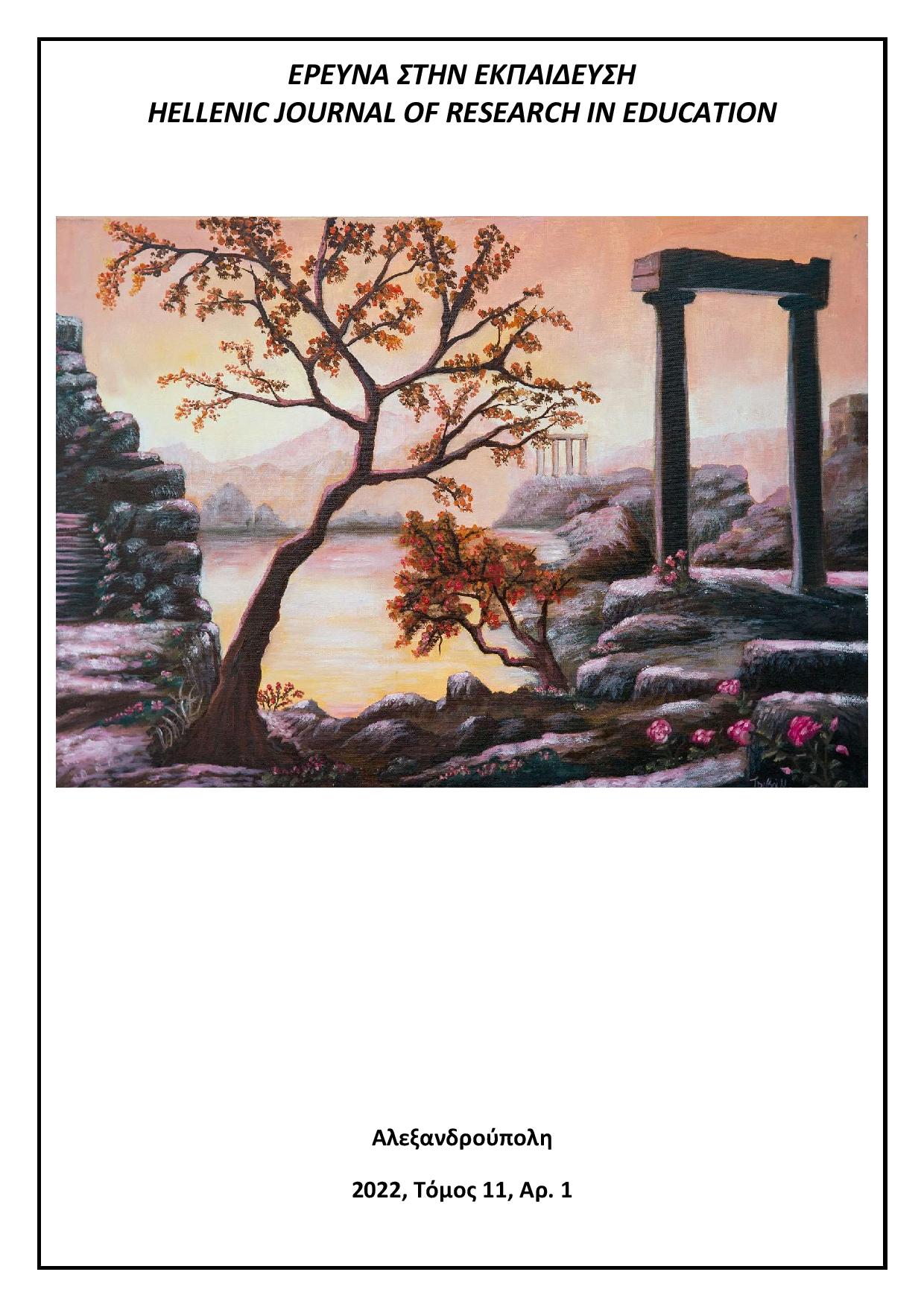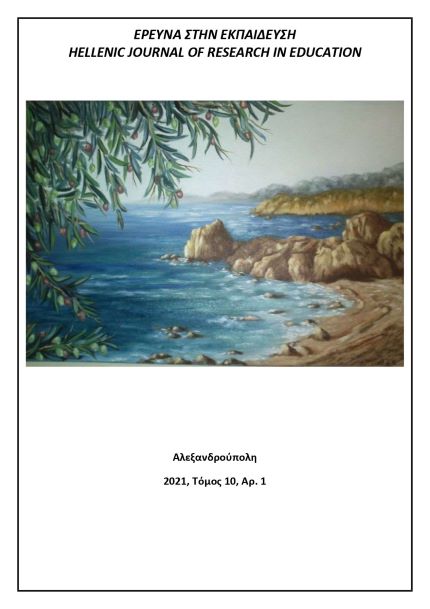Social Exclusion and Trainees with Immigrant or Refugee Backgrounds: An Empirical Survey of Second Chance Schools and Second Chance Schools that operate in Detention Centers

Abstract
The phenomenon of social exclusion is examined in the population group of students with immigrant or refugee backgrounds attending Second Chance Schools and Second Chance Schools operating within detention facilities in Greece. In particular, the extent to which foreign learners experience Social Exclusion is investigated. The sample consists of students with immigrant or refugee backgrounds attending adult education facilities in the host country, namely Second Chance Schools and Second Chance Schools of Detention Centres. The study approaches the SE in terms of economic, social, individual and educational components to determine the lack of resources, goods, rights and services. A total of 320 students participated in the survey, of whom 165 attend Second Chance Schools and 155 attend Second Chance Schools of Detention Centres. The results highlight the importance of the Economic Causes of Social Exclusion and in particular the difficulty of finding a job, the job insecurity and the exploitation at work experienced by the students, who have not completed compulsory education.
Article Details
- How to Cite
-
Μπιτσάκος Ν., Φώκιαλη Π., & Sotiropoulou, K. (2022). Social Exclusion and Trainees with Immigrant or Refugee Backgrounds: An Empirical Survey of Second Chance Schools and Second Chance Schools that operate in Detention Centers. Hellenic Journal of Research in Education, 11(1), 83–99. https://doi.org/10.12681/hjre.28719
- Issue
- Vol. 11 No. 1 (2022)
- Section
- Articles

This work is licensed under a Creative Commons Attribution-NonCommercial-ShareAlike 4.0 International License.
Authors who publish with this journal agree to the following terms:
- Authors retain copyright and grant the journal right of first publication with the work simultaneously licensed under a CC-BY-NC-SA that allows others to share the work with an acknowledgement of the work's authorship and initial publication in this journal.
- Authors are able to enter into separate, additional contractual arrangements for the non-exclusive distribution of the journal's published version of the work (e.g. post it to an institutional repository or publish it in a book), with an acknowledgement of its initial publication in this journal.
- Authors are permitted and encouraged to post their work online (preferably in institutional repositories or on their website) prior to and during the submission process, as it can lead to productive exchanges, as well as earlier and greater citation of published work (See The Effect of Open Access).



